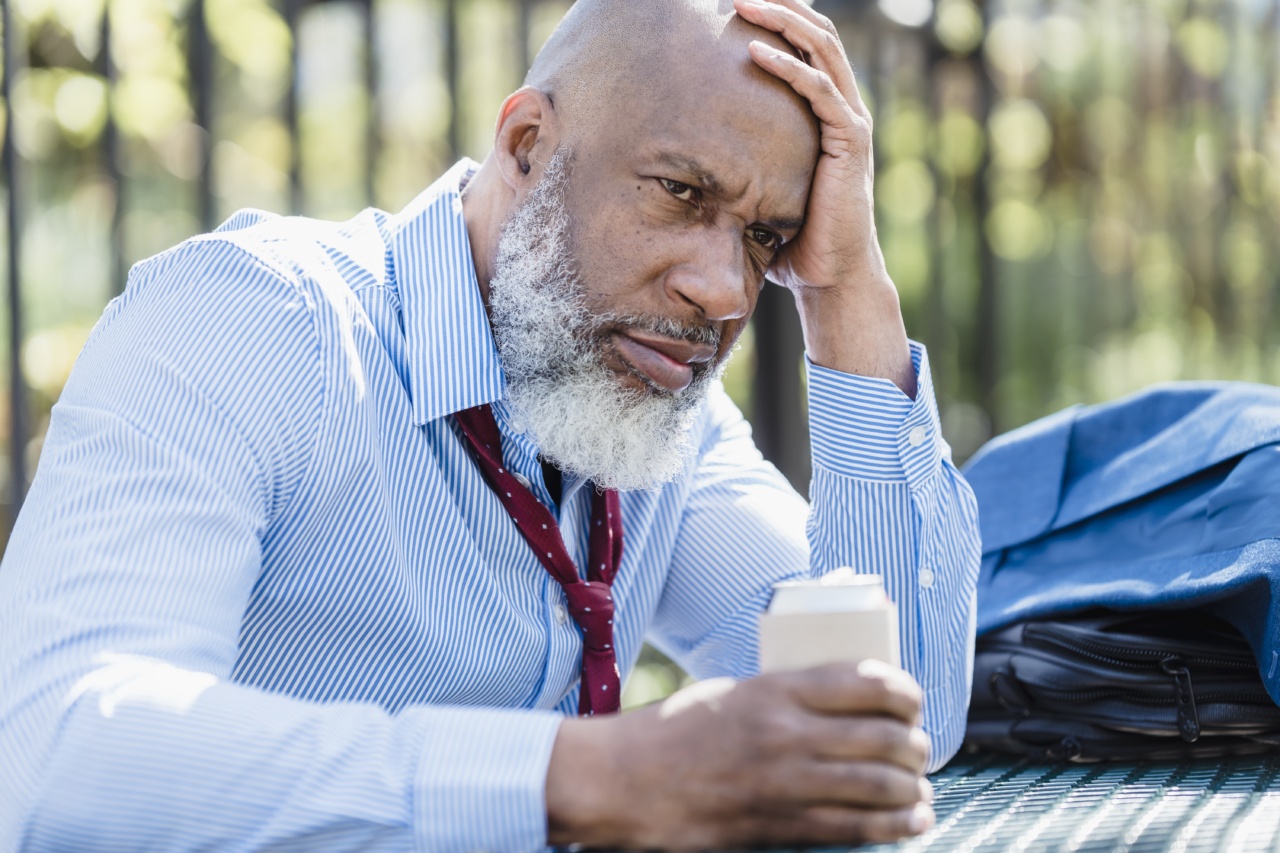According to the National Institute on Alcohol Abuse and Alcoholism, nearly 27% of adults report engaging in binge drinking at least once in the past month, while 6% report heavy alcohol use.
Alcohol consumption has been linked to a number of health problems, including high blood pressure, increased risk of certain cancers, liver disease, and much more. One lesser-known negative impact of alcohol consumption, however, is its effect on hemorrhoids.
In this article, we will explore the relationship between alcohol and hemorrhoids, and why you may want to avoid excessive alcohol consumption if you suffer from this condition.
What are Hemorrhoids?
Hemorrhoids are swollen veins in the anal and rectal area. They can also be referred to as piles. They can occur either internally or externally and can be quite painful.
Hemorrhoids are a common condition, affecting around 75% of people at some point in their lives. Hemorrhoids can be caused by straining during bowel movements, sitting for extended periods of time, or other factors.
How Does Alcohol Affect Hemorrhoids?
Alcohol is a diuretic, which means that it causes increased urine production and can lead to dehydration. This dehydration can cause constipation and subsequent straining during bowel movements, which is a common cause of hemorrhoids.
Additionally, alcohol consumption can lead to the dilation of blood vessels, which can put extra pressure on the hemorrhoids and make them more painful and difficult to manage.
Alcohol Consumption and Increased Risk of Hemorrhoids
Studies have shown that excessive alcohol consumption is associated with an increased risk of hemorrhoids.
A study published in the Journal of Gastroenterology and Hepatology found that alcohol consumption was associated with a higher rate of hemorrhoids in both men and women. The study found that increased alcohol consumption led to a higher likelihood of experiencing hemorrhoidal symptoms and required more invasive treatments.
Other Ways in Which Alcohol Consumption Can Aggravate Hemorrhoids
Aside from dehydration and increased pressure on the hemorrhoids, there are other ways in which alcohol consumption can make hemorrhoids worse.
For example, those who drink heavily are more likely to engage in behaviors that can worsen hemorrhoids, such as sitting for long periods of time or engaging in other activities that put pressure on the anal area. Additionally, alcohol can cause blood vessels to dilate, which can lead to increased inflammation and swelling in the hemorrhoids.
Managing Hemorrhoids with a Healthy Lifestyle
While it is always best to consult with a medical professional for guidance on managing your hemorrhoids, there are some lifestyle changes that may reduce symptoms.
Avoiding excessive alcohol consumption is one way to help prevent hemorrhoids from becoming more severe. Maintaining a diet high in fiber and water intake can help keep stools soft and prevent constipation, which can reduce pressure on hemorrhoids. Exercise can also help improve digestion and prevent constipation.
Finally, practicing good hygiene habits, such as cleaning the anal area with warm water after bowel movements, can help reduce inflammation and prevent infections.
When to Seek Medical Attention
If you are experiencing severe hemorrhoidal symptoms, it may be time to seek medical attention. Severe symptoms can include constant bleeding, extreme pain, and swollen lumps in the anal area.
A medical professional may recommend treatments such as rubber band ligation, in which rubber bands are used to cut off blood flow to the hemorrhoid, or sclerotherapy, in which a solution is injected to shrink the hemorrhoid. In extreme cases, surgery may be necessary.
Conclusion
Alcohol consumption can have a number of negative impacts on your health, and managing hemorrhoids is just one of them.
By avoiding excessive alcohol consumption, maintaining a healthy lifestyle, and seeking medical attention when necessary, you can help reduce the negative impact of hemorrhoids and improve your overall health and wellbeing.






























